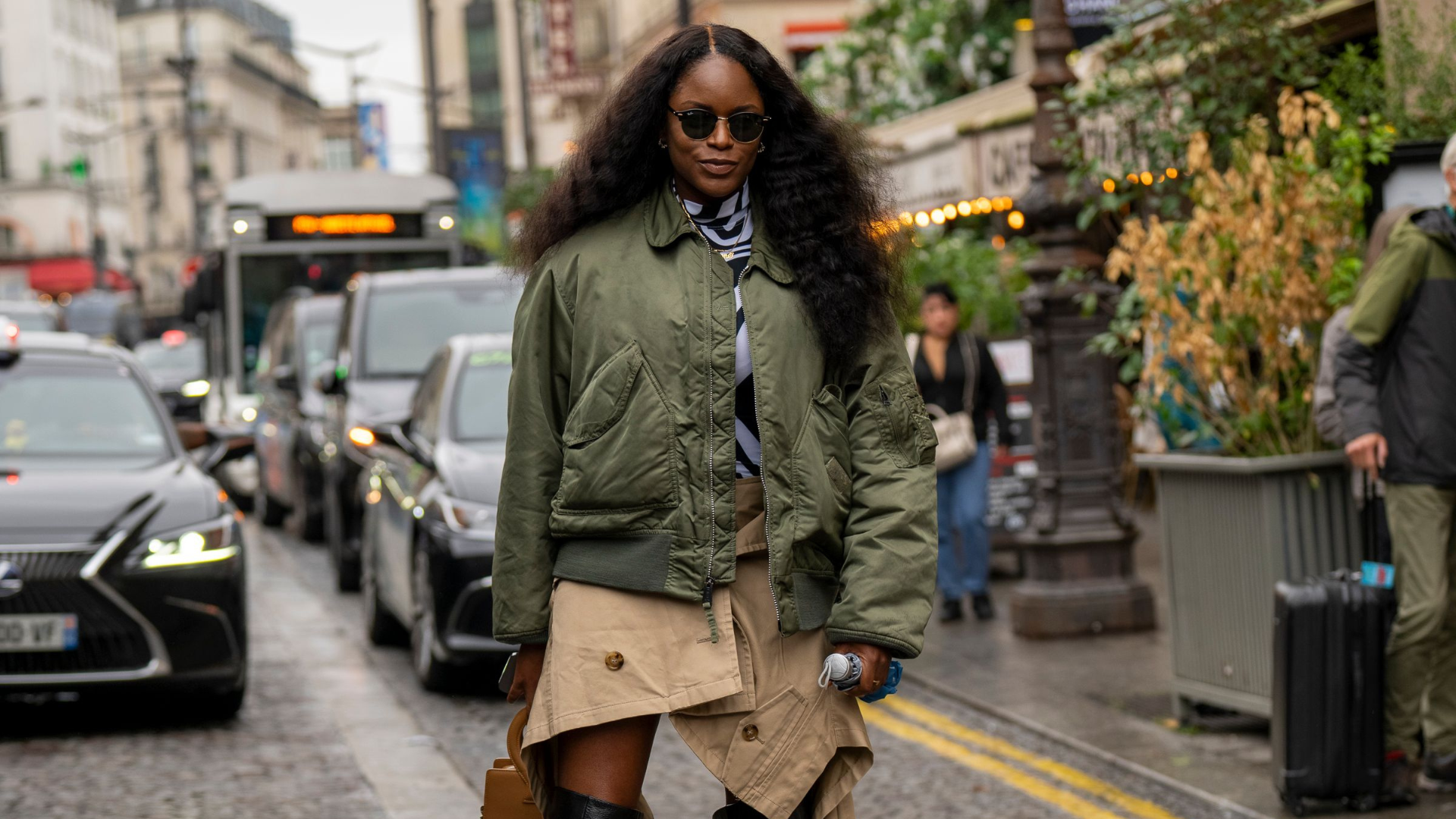
Women have always had a soft spot for men’s clothing. Suit jackets, trousers, button-ups, loafers, overcoats, and many military-inspired men’s garments have long been present in women’s wardrobes. A fair share of women take joy in wearing their fathers’ and grandfathers’ oversized dress shirts. Much of my grandmother’s sartorial pride comes from the pantsuits she’s collected, worn, and tailored to perfection over the years. This fluidity often leads to compelling takes on personal style. The enmeshment also pushes the notion that clothing monickers distinctly separating menswear and womenswear don’t stop those willing to blur the lines to create interesting style moments.
According to menswear writer and commentator Derek Guy, sometimes there are design differences between men’s and women’s cuts. “Although it applies more to men who are shopping from the women’s side [of a brand’s offerings], and it depends on the designer, the shoulders of a women’s garment will often be more narrow, and the sleeves will be slimmer,” Guy explains.
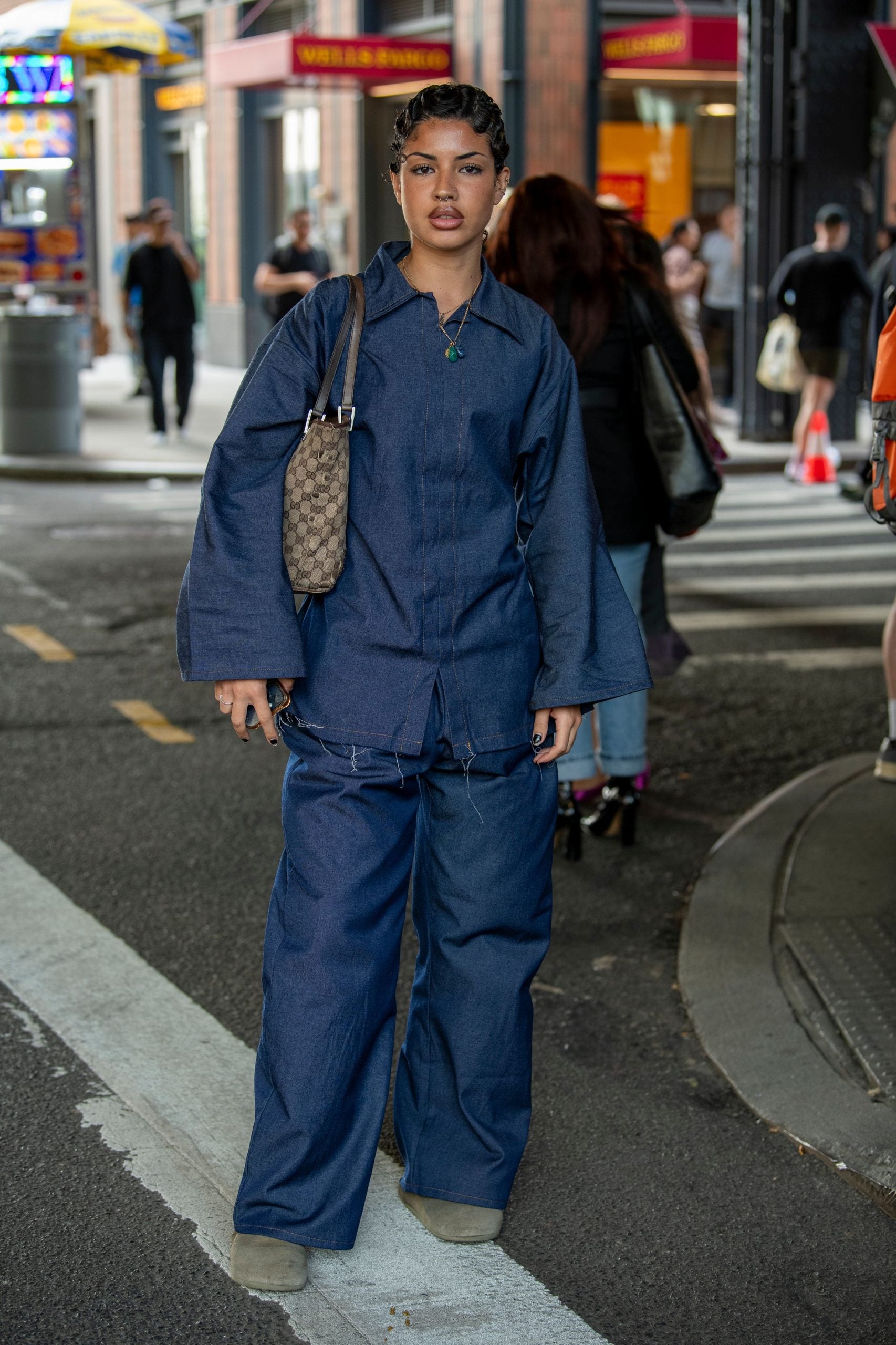
Lucius Oglesby, a brand image manager at Ralph Lauren, says that the brand’s Polo line is an explicit example of a company that embraces men’s and women’s versions of designs. “Ralph Lauren is a brand that emphasizes unisex design,” he adds. Oglesby expresses that the brand’s lookbook imagery further emphasizes their affinity for showcasing the interchangeable wearability of their Americana offerings no matter one’s gender.
In recent years, women have flocked to men’s apparel primarily due to fit. In a conversation about women’s fit preferences, fashion influencer Ashley Griffin once offered her thoughts on this matter quite plainly: “Too small will never look effortless.” Stylish women want the oversized look. They want to sport their blazers with jeans and appear as relaxed and casual as they would if they were wearing a leather jacket.
They may even want to look more masculine or less feminine or soften gender borders altogether. Menswear, which is more structurally accommodating, makes these ideals a bit easier to achieve. And if desired, a cinched waist is just a belt away; a rubber band and bobby pin can reshape the hem of men’s trousers into something more flamboyant. Whereas experimentation in men’s dress involves women’s clothes and atypical visual play, men’s clothes give women more room to play on a spatial level.
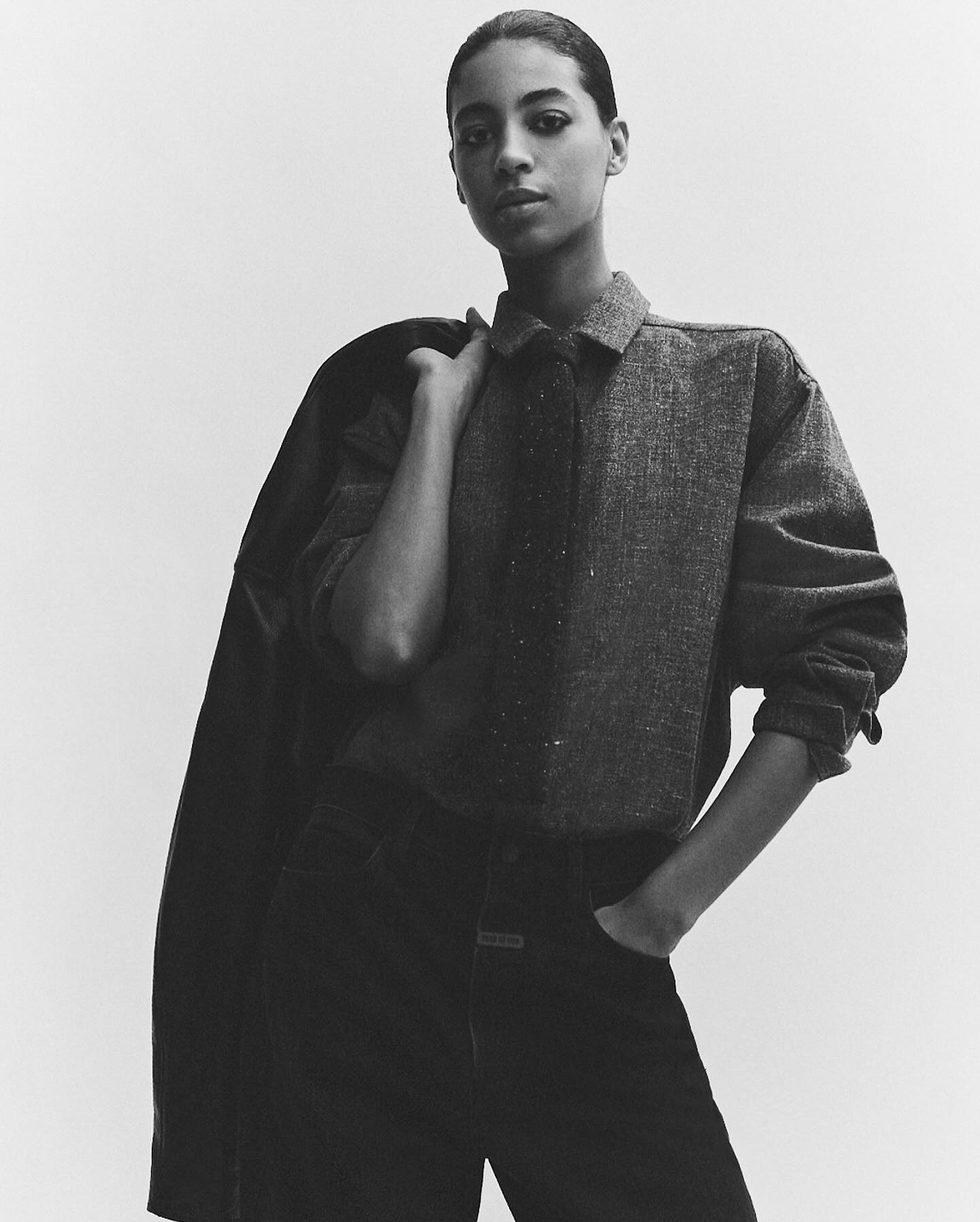
Donald Pollard, a menswear designer and University of South Carolina retailing instructor, says that women pulling from the men’s rack help diversify their closets. “They can expand their wardrobe, be introduced to new fits and new styles, and stand out from the pack,” he notes. This is particularly so for tailored clothing, where menswear has enjoyed an enduring upper hand.
But women don’t have to go bespoke to adopt the look. They also don’t have to stifle their femininity when purchasing pieces outside their respective category. Pollard mentions Dries Van Noten as a brand women might look to.
“When you think about Dries Van Noten and what he did from a gender-bending perspective, you can look at certain silhouettes in his womenswear and know that it’s menswear-inspired,” Pollard explains. To him, the women’s collections at Dries Van Noten were refined womenswear but presented in a manner that told a unique perspective. “It’s not the same thing as taking a men’s tailored jacket and putting it on a woman,” he adds.
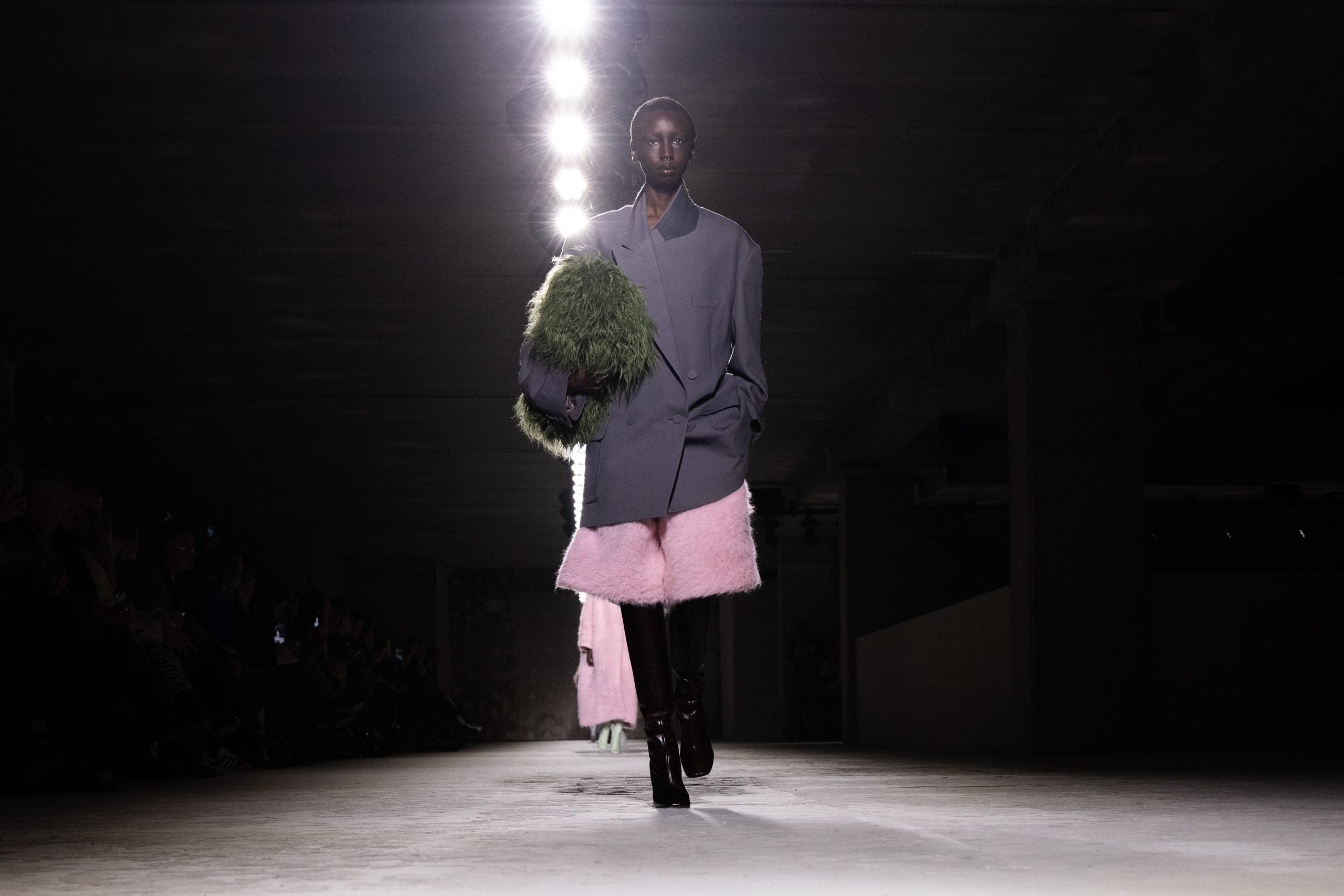
Product-wise, the obvious starting point for most women is a blazer. Pollard, however, recommends a basic white or Bengal stripe men’s tailored French cuff shirt. Worn by itself or with an undershirt, it carries a jacket’s integrity if made in fine cotton. Try not to dilute your wardrobe with cheap materials. Quality fabrics lift your clothes in every sense, and your body will thank you upon first wear and long after.
Men’s coats, like most of our clothes, do their jobs. And they do them the best. They protect, style, and fit without all the fluff. In the case of trench coats, they can even be gently subversive for women, given the garment’s affiliations with male officers in the British Army.
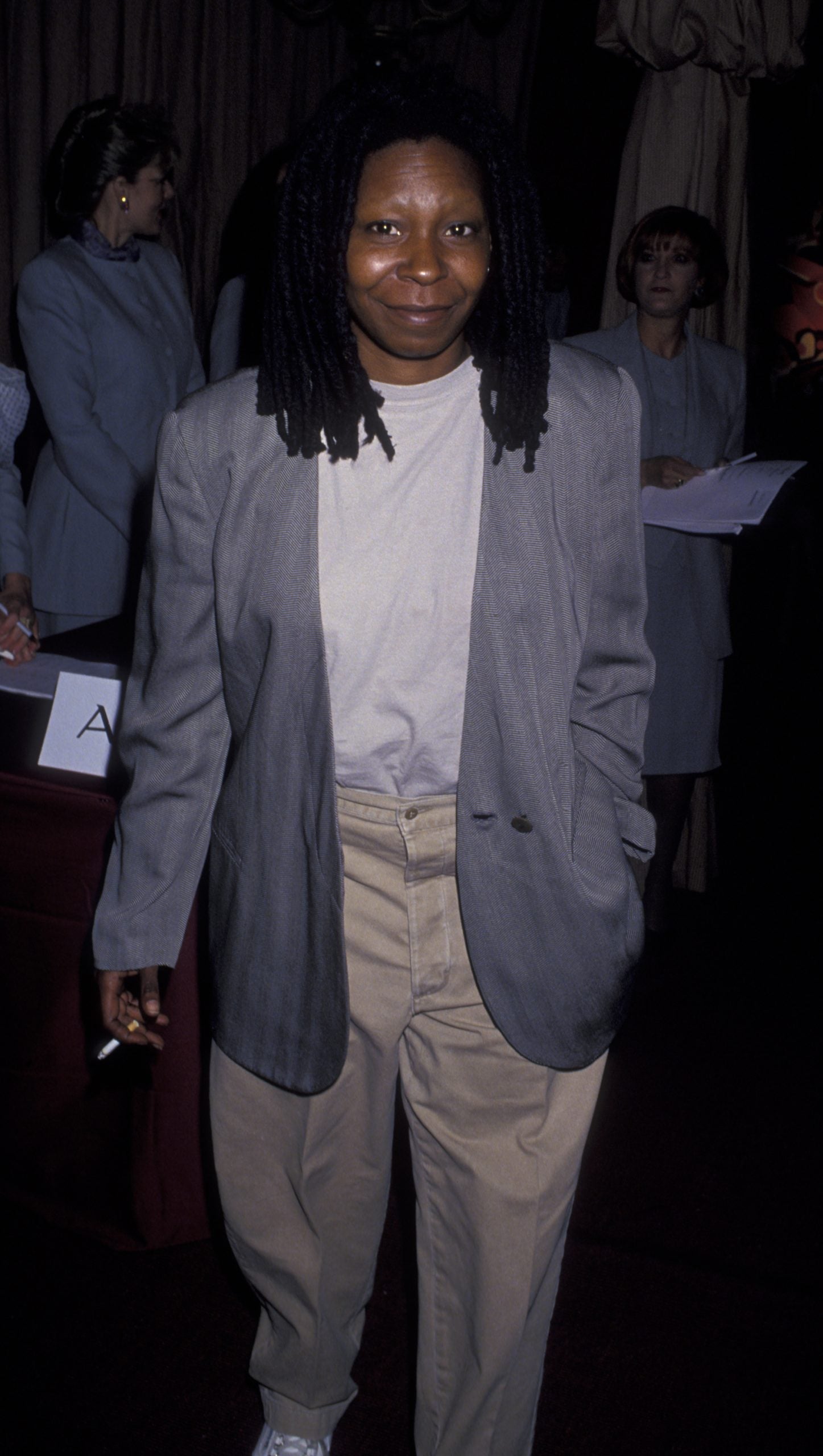
You might also consider the Sperry’s of all coats: the duffle. Or more distinguished, a long, double-breasted one. With these, as with ties—which women as coolly earnest as Toni Morrison and Julia Roberts and as punk as Janelle Monáe have worn—defer to the airport-style photos of yore.
Fashion is among the richest ways to engage with and illuminate gender theory. Because, as Guy points out, masculine and feminine dress isn’t nearly as fixed as we think. How we read clothing on ourselves and others as men and women are inevitably shaped by the body.
“A classic example in my head is a woman in an oversized trench coat or Brooks Brothers shirt. Women can look very feminine in those things. It isn’t as simple as wearing those versus a dress,” Guy adds. Style at its most interesting thrives in that grey area. To think of it in merely black-and-white terms would be deflating, and, well, what fun is that?